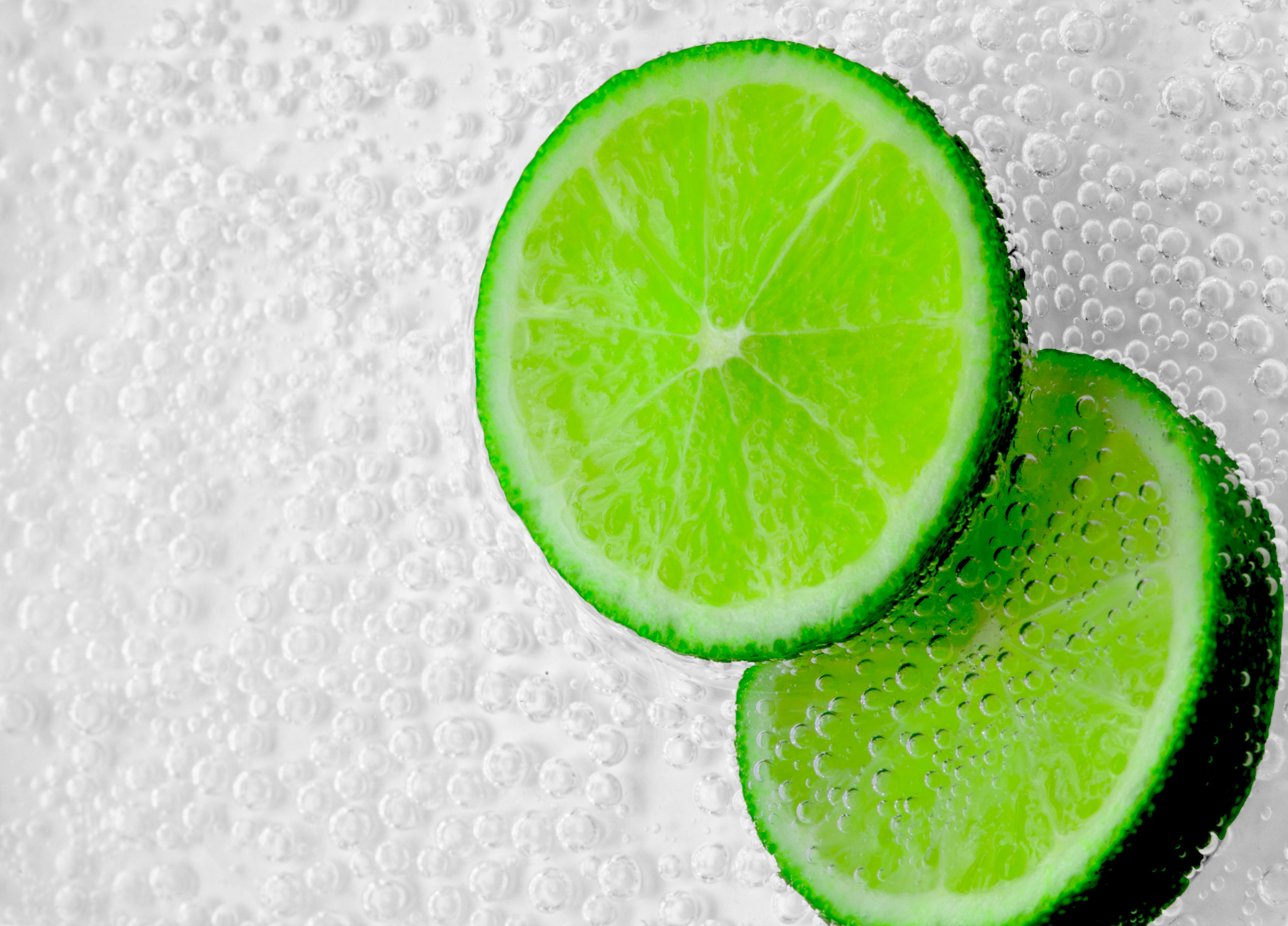
Apply Now


Understanding the Key Differences Between Coke Zero and Diet Coke
As two popular offerings from Coca-Cola, Coke Zero and Diet Coke have generated ongoing discussions among consumers. These zero-calorie drinks cater to health-conscious individuals looking for alternatives to sugary beverages. In 2025, understanding the differences between these two sodas is essential for making informed beverage choices. Both drinks have their unique flavor profiles, ingredients, and health implications that make them distinct options for soft drink enthusiasts. Coke Zero, known for its taste closely resembling the original Coca-Cola, has gained traction amongst consumers who crave that classic cola flavor without the sugar. In contrast, Diet Coke offers a lighter taste characterized by different flavor notes. With both products, consumers will find dietary benefits, distinct branding, and marketing strategies utilized by Coca-Cola to maintain their popularity in a competitive beverage market. This article will delve into these differences in detail, helping you make educated decisions about your beverage preferences. Key Takeaways: - Coke Zero aims for a taste similar to traditional Coca-Cola, while Diet Coke focuses on a unique flavor. - Ingredients and nutritional information vary between the two drinks. - Both beverages target health-conscious consumers, but their health effects can differ. - Marketing efforts have significantly impacted customer preferences for each brand.Coke Zero vs Diet Coke: Flavor Profiles Explained
With a core focus on flavor, the difference between Coke Zero and Diet Coke is evident in their respective profiles. Coke Zero was engineered to taste more like Coca-Cola Classic, appealing to those who love the original flavor without sugar. Its formulation utilizes a blend of artificial sweeteners including aspartame and acesulfame potassium, providing a sweet yet balanced profile. Conversely, Diet Coke was developed with a separate target audience in mind. Its taste is lighter and boasts a slightly different blend of flavors, intended to provide a unique experience distinct from traditional cola. While it contains similar sweeteners, the overall taste is more citrusy and less bold. Understanding the flavor distinction is critical for consumers who are particular about their beverage choices; it often influences their preferred diet soda.Ingredients of Coke Zero
Coke Zero ingredients are specifically chosen to emulate the original Coca-Cola taste. Key ingredients include carbonated water, caramel color, phosphoric acid, natural flavors, caffeine, and a combination of artificial sweeteners. The sweeteners used help maintain the beverage's zero-calorie status while closely replicating the signature cola flavor. The absence of sugar aids in catering to calorie-conscious consumers looking for an alternative to sugary drinks.Ingredients of Diet Coke
Diet Coke's formulation reflects its branding as a distinct product. The key ingredients include carbonated water, caramel color, phosphoric acid, natural flavors, caffeine, and a specific mix of artificial sweeteners. Notably, Diet Coke’s unique taste sets it apart from conventional colas. While it maintains zero calories, its ingredient composition aims to achieve the lighter profile without strictly mimicking the Coca-Cola flavor.Health Effects of Coke Zero
In terms of health, Coke Zero has often been a topic of debate among consumers. While it offers a sugar-free beverage option, concerns about the long-term effects of consuming artificial sweeteners persist. Some studies suggest that, while drinking Coke Zero is better than sugary counterparts, there may be implications related to appetite stimulation or metabolic effects. However, individual responses can vary significantly among consumers.Health Effects of Diet Coke
Diet Coke has faced its own scrutiny regarding health effects. Though it is marketed as a low-calorie beverage, similar concerns about artificial sweeteners apply. Research indicates mixed results regarding their impact on health. Some consumers may prefer Diet Coke for its unique taste, but potential health implications of long-term consumption remain an essential consideration.Marketing Strategies for Coca-Cola Products
Coca-Cola's marketing strategies play a critical role in the consumer perception of both Coke Zero and Diet Coke. To further emphasize their unique branding, Coca-Cola utilizes targeted advertisements, promotional campaigns, and celebrity endorsements. For instance, Coke Zero's marketing often appeals to younger audiences by showcasing a lifestyle associated with vitality and excitement. Diet Coke, on the other hand, has positioned itself as a sophisticated and fashionable choice, often targeting a slightly older demographic. Campaigns that showcase refreshing moments tied to Diet Coke contribute significantly to its appeal. Understanding these strategies is pivotal for recognizing how consumer preferences are shaped in the beverage industry.Coke Zero Branding
Coke Zero’s branding revolves around its identity as the sugar-free version of traditional Coca-Cola. The branding emphasizes versatility, conveying a message that consumers can enjoy their favorite soda without the calories. By leveraging social media and digital platforms, Coca-Cola effectively reaches its target audience and communicates brand value.Diet Coke Branding
Diet Coke capitalizes on its unique positioning as an alternative to traditional colas. Its branding involves chic and modern aesthetics, appealing to consumers seeking a distinctive beverage experience. Continual refreshment of its marketing approach allows Diet Coke to maintain relevance in the ever-evolving soft drink market.Customer Preferences for Coke
Consumer behavior heavily influences dietary and low-calorie beverage trends. Factors such as taste preference, perceived health benefits, and marketing messages all play into customer loyalty towards Coke Zero or Diet Coke. Understanding these preferences is vital for identifying broader trends within the carbonated beverage landscape.Nutritional Information: Coke Zero vs Diet Coke
When comparing Coke Zero and Diet Coke, nutritional information is an essential aspect to consider. Both beverages are marketed as zero-calorie options, making them attractive to consumers looking to reduce caloric intake. Yet, the nutritional composition shows slight variances that may affect decision-making.Calories in Coke Zero vs Diet Coke
In terms of caloric content, both Coke Zero and Diet Coke contain zero calories. This is a significant attribute for calorie-conscious consumers. Understanding that these drinks provide a refreshing option without caloric overflow is a major benefit, particularly in environments where health trends prevail.Caffeine Content in Coke Zero vs Diet Coke
Caffeine levels are another distinguishing factor. Coke Zero typically contains approximately 34 mg of caffeine per 12 oz serving, while Diet Coke has a slightly higher caffeine content at about 46 mg per 12 oz serving. For consumers monitoring their caffeine intake or those seeking low-calorie drinks with a caffeine boost, this can influence preferences.Conclusion: Making Informed Choices
Understanding the differences between Coke Zero and Diet Coke aids consumers in making informed beverage choices in 2025. Recognizing flavor profiles, ingredient lists, health implications, and marketing strategies can guide individuals as they navigate their soft drink preferences. Both options present unique advantages for people seeking zero-calorie beverages while also expressing distinct brand identities that influence consumer behavior. With Coca-Cola's ongoing innovation in the carbonated beverage landscape, remaining informed empowers consumers to pick the best diet soda tailored to their needs.
